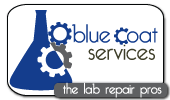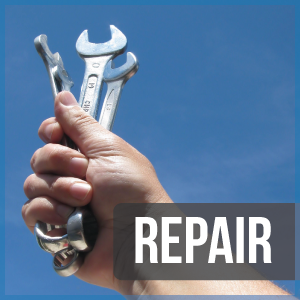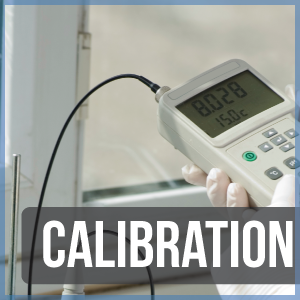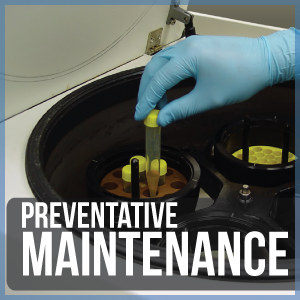Our team of experienced, factory-trained engineers are fully conversant with your equipment and are skilled in repairing a wide range of instruments including cryogenic refrigerators, dewars, freezers, spectrophotometers, cylinders, incubators, incubator shakers and temperature controlled equipment including water baths and circulators. Our engineers are specially trained so that many repairs may be completed during the initial visit. We install, service, calibrate, troubleshoot, validate, and maintain biomedical and laboratory equipment. Let blue coat services be your complete lab equipment service solutions.
blue coat services: the lab repair pros
Specializing in lab equipment services, blue coat services can take the stress and pain away from your lab. From small to big repair, equipment calibrations, and preventative maintenance on a wide assortment of medical equipment, we’re here to help. Check out our services below to see which one is the right choice for you.
Equipment is a significant challenge facing the modern lab. A lab must ensure optimal health, safety, durability, and performance – all while working within tight logistical and budget-related parameters. Lab equipment repair, maintenance, calibration, and inspection are all crucial to achieving success. Here are four reasons why you should always be sure your lab equipment is in safe working order and why proper repair is essential.
1. Health
Labs are dangerous environments that present real biological, chemical, and physical health risks. The majority of health-related incidents occur due to human error. All equipment that presents a potential health risk must be inspected by a technician who specializes in that type of risk.
2. Safety
Most safety issues occur due to a lack of focus, but many occur because usage protocols are not optimal or there is equipment failure. In order to ensure safety, a lab should have each machine inspected by a lab equipment repair technician. In addition, the lab should document all issues, and then periodically review the usage protocols to reduce the occurrence of similar problems.
3. Durability
A lab must often purchase rather than lease equipment. In these cases, optimizing durability is a key to staying within a budget. For all materials, the lab should purchase a lab equipment repair service agreement from the vendor. The agreement should include regular inspection and maintenance.
4. Performance
Labs must also ensure performance in order to maximize productivity and to maximize the investment in the equipment. To achieve this optimal performance, it is vital to have equipment regularly inspected and adjusted. Ideally, this inspection is distinct from and prior to the regular inspection for health and safety.
Some labs view lab equipment as a cost of doing business, but that is a shortsighted approach. These materials are an investment. In order to maximize the profitability of that investment, it is crucial to commit to proper lab equipment repair, maintenance, calibration, and inspection. When possible, the goal is to identify failure before it occurs, and when something does go wrong, to fix it as quickly and safely as possible.




